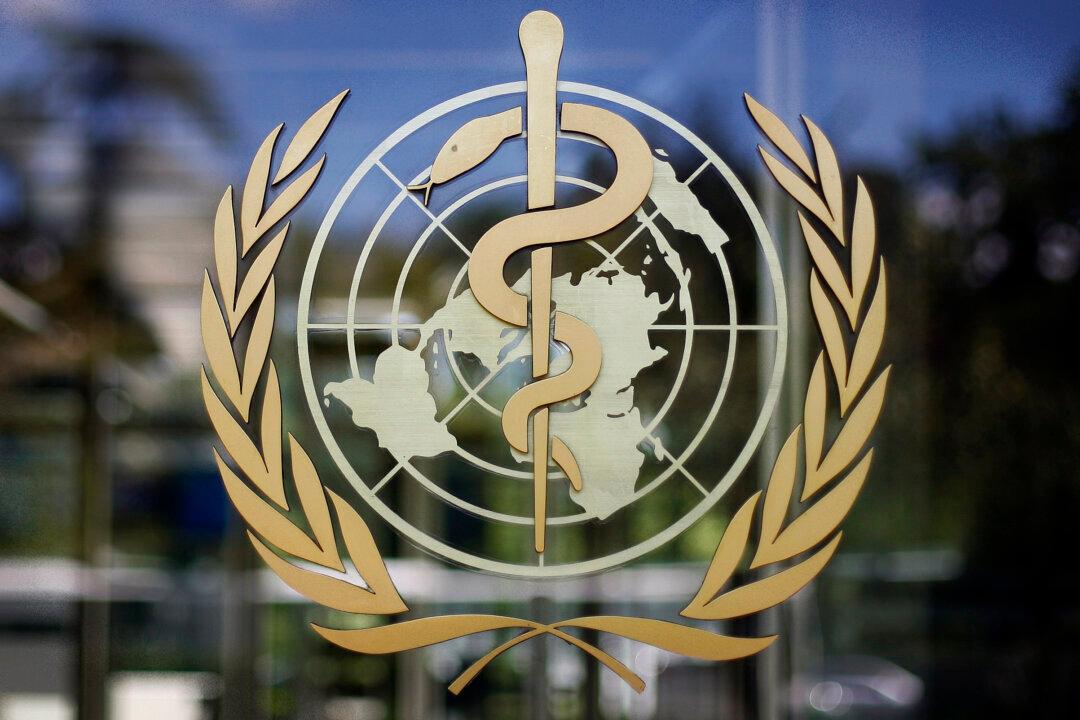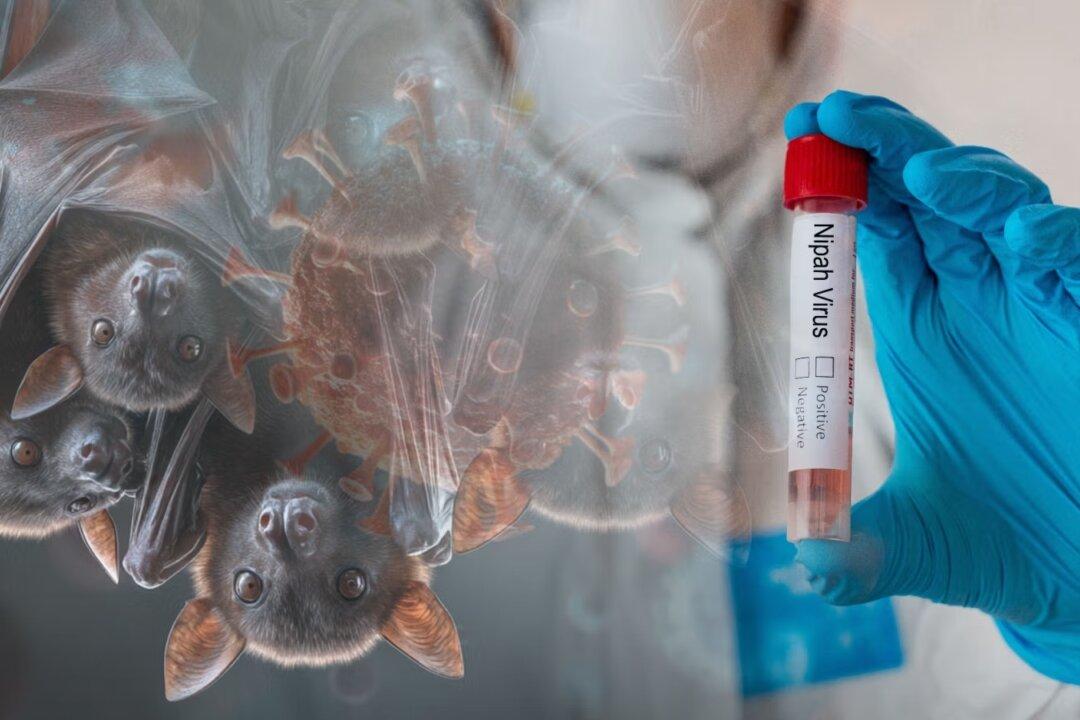Commentary
The World Health Organization (WHO) is seeking public input on the scope of a planned internationally binding pandemic agreement. Before proceeding, however, fundamental questions should be answered on the underlying justification for such an agreement, its potential benefits and harms, and the WHO’s competence for the guiding role.





